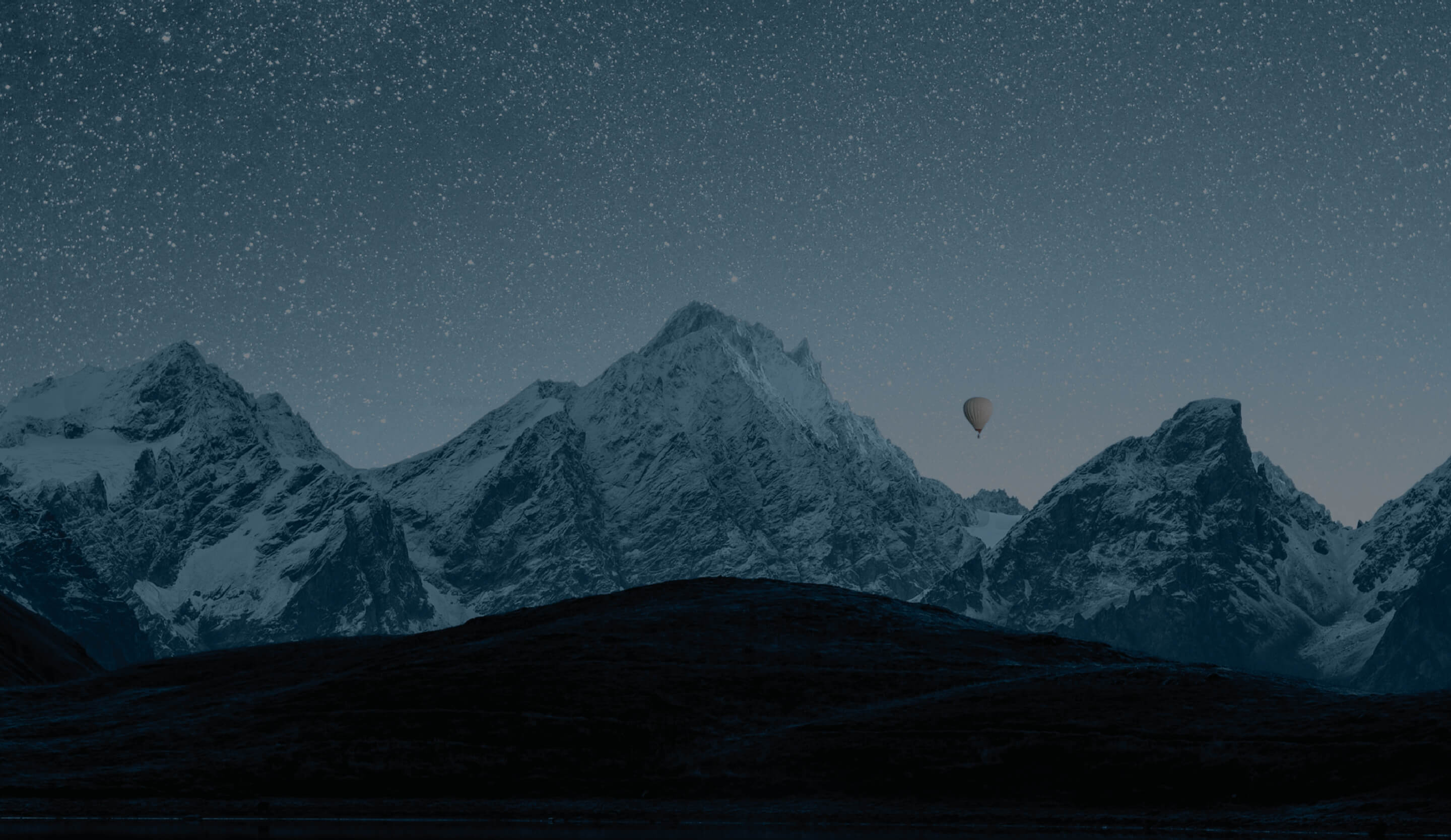It’s a momentous time for athletes—the pinnacles of their careers—the Olympic Games. With the 2020 Tokyo Olympics nearing, I started thinking about the time I worked for the 1996 Atlanta Committee for the Games.
I was part of a ticket sales team who sold executive suites and ticket packages for companies and individuals who had the primary intent to develop business and entertain guests. Imagine sitting with Coca Cola executives, watching Kerri Strug land her gold medal vault on one leg! It was the first Olympics Games where skyboxes and suite-style seating were sold to generate revenue. In the years since, the practice has become commonplace—until COVID-19.
The Olympics has already been delayed a year because of the global pandemic. Now Tokyo officials are so determined to have the competition, they’re prepared to hold events with no spectators—another COVID casualty?
So, what’s my point? There’s a bigger picture here.
The Olympics aren’t the only organization/company/group to change business development. There are companies across the globe, and right here in Central Florida who are trying to figure out the “new normal.”

What does networking look like in a post-COVID world?
To help understand real-life challenges and solutions, I spoke with three clients, representing different industries.
- Jon B. Mendelsohn, CEO of Ashar Group, a financial services company specializing in insurance policy valuations and life settlements
- Chris Hite, President and CEO of Dix Hite, a landscape architecture and urban design firm
- Calvin Cearly, Director of Marketing Strategy for Exploria Resorts, a resort and vacation ownership company
Q: What did your business development and networking activities look like pre-COVID?
Chris: Before COVID, we’d do the best work we could every day. Then we’d go to events and conferences. We’d submit conference papers and award nominations. We are involved in Urban Land Institute, and we’d attend happy hours to network and meet potential clients or make business connections.
Jon: The majority of our business development was done through face-to-face interaction—small meetings, meals, or large meetings and conferences. Because our executive team members are industry thought leaders, we were often invited to speak at events and conferences. We probably attended 250 events a year, and those events brought in more than half of our new business.
Calvin: Pre-COVID, we had a bigger team and more resources. We focused on building relationships with local partners such as the Chambers of Commerce and the Convention and Visitors Bureaus where our resorts are located.

Q: What changes did you make during the pandemic, that you think will stick around?
Jon: Video conferencing has been huge for us. It allows us to talk to clients face-to-face. Compared to the phone calls, we can connect more deeply with clients, share screens to help explain options, and give them a better experience. During the pandemic, we went above and beyond to teach them the technology and keep it easy for them to connect with us.
Chris: Our clients are located all over the state, and we used to do a lot of driving for in-person meetings. I’m glad video conferencing has become broadly accepted. For quick meetings, we’ll keep it digital, but we’ll still make the drive when needed. Afterall, we’re a landscape architecture firm, and you need to see the land in person and ‘kick the dirt.’
During the pandemic, we came to rely heavily on social media for networking, specifically LinkedIn. I use it to share blogs, connect with potential clients, and showcase our work. Moving forward, we’ll have a blend of smart social media outreach and in-person events like happy hours and professional organization meetings for our business development strategy.
Calvin: LinkedIn has exploded during the pandemic. It’s become a viable way to reach out and connect with someone you don’t know. During COVID, without the face-to-face element of new meetings, instant credibility and trust is gone. We’ve become incredibly proactive about leveraging social media for new connections—and not just with our corporate accounts. Our executive team often uses their personal accounts to reach out to people.

Q: As more people are getting vaccinated, and safety restrictions are loosening, will you go back to in-person networking?
Calvin: Absolutely! Exploria Resorts never shut down during the pandemic. We have made significant health and safety changes, in accordance with CDC guidelines. We’ve found that people are desperate for a return to normal. I’m excited to connect in-person with local business groups, to build new partnerships for the company.
Jon: We’re seeing conferences announce in-person events throughout 2021 and beyond. Most are offering hybrid options to attend in person or virtually. I think that will really benefit Ashar Group; it gives us flexibility and more balance. Flying across the country for some events and logging in for others lets us make even more connections. In person networking may still be somewhat limited, but at the end of the day, there’s nothing like sitting across from someone and having a conversation.
Chris: Yes! We’re already seeing some networking opportunities come back. We’ve attended several professional happy hours, and I’m speaking at two conferences this year. They’re going to be live, and it’s going to be awesome!
Q: What are your biggest takeaways as a business right now?
Jon: One of the benefits of owning a small business is that you can adjust to things more quickly. Ultimately, what we learned is that we could maintain and even grow our business without the ability to shake our clients’ hands.
Calvin: This is a recovery year for us—focusing on whatever is going to make an impact, tying to a measurable conversion, and being good stewards of the limited resources we have. Many people just want an escape—a safe haven where they can relax safely. Exploria is perfectly positioned to provide that right now.
Chris: For Dix Hite, our new strategy will be hybrid. Our leadership team will be attending networking events, conferences, and getting out into the community. We’re also heavily leveraging networking tools like social media for our 25-year anniversary events. We’re encouraging our employees who take on service projects to share them on social media. We’ll work to foster our brand culture both on- and off-line.

The best executives have a clear understanding of their core business, and are flexible enough to combine multiple tools—old and new—to make the best networking strategy.
Olympic lessons are still relevant, and rings (connections) are essential business plan tools. Just pack a hybrid, updated version in your training bag!


